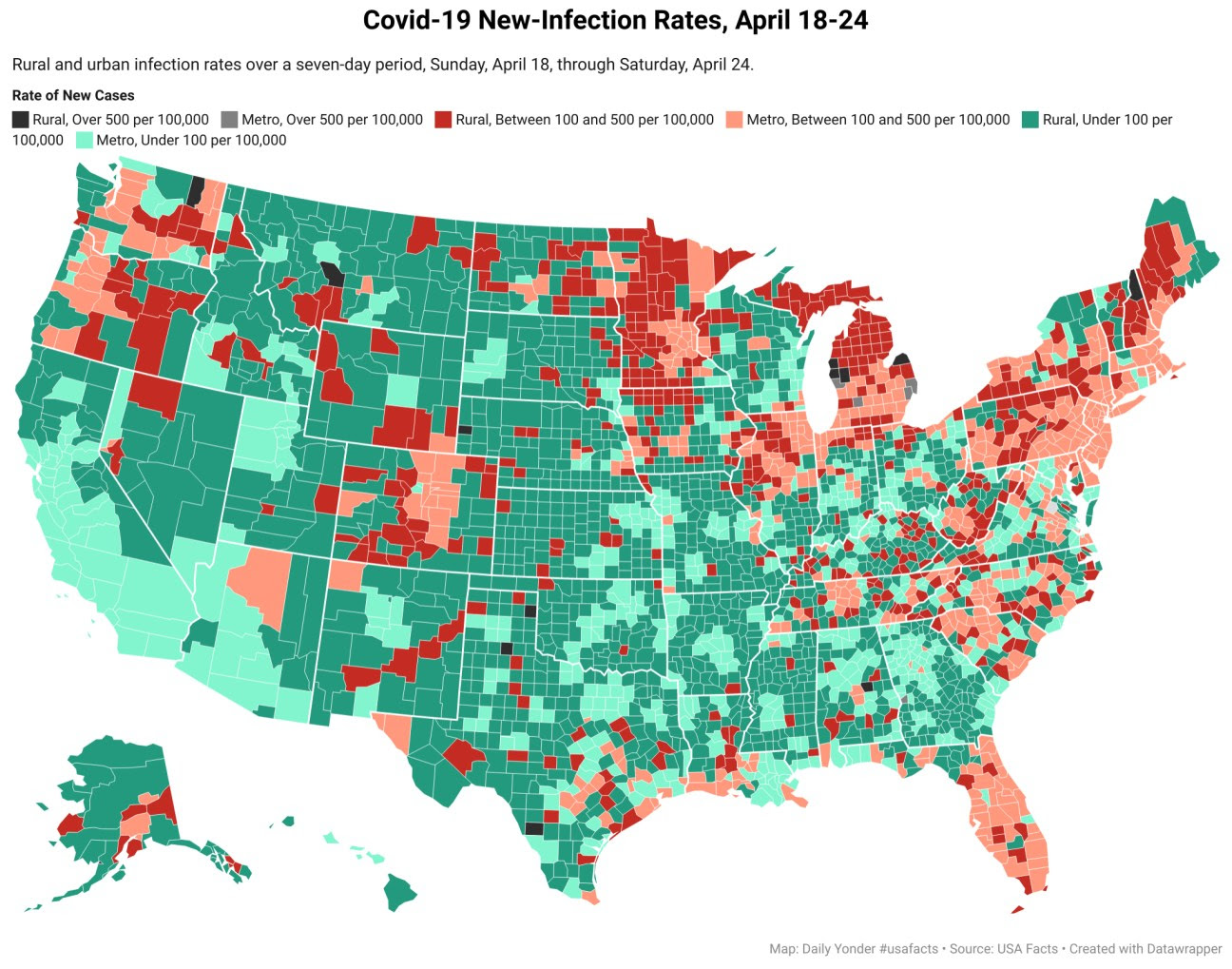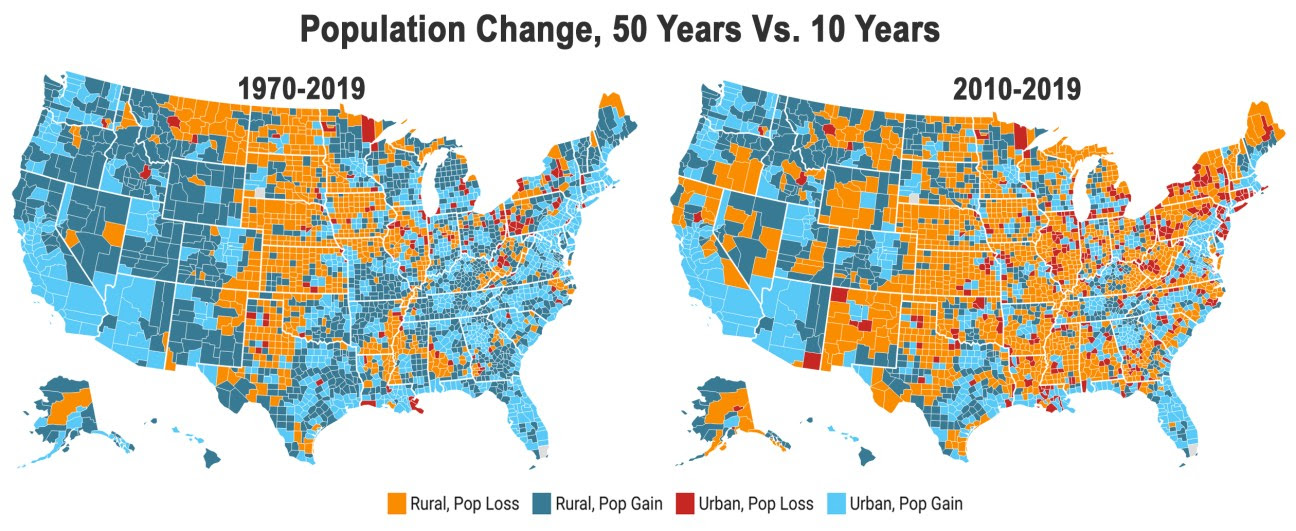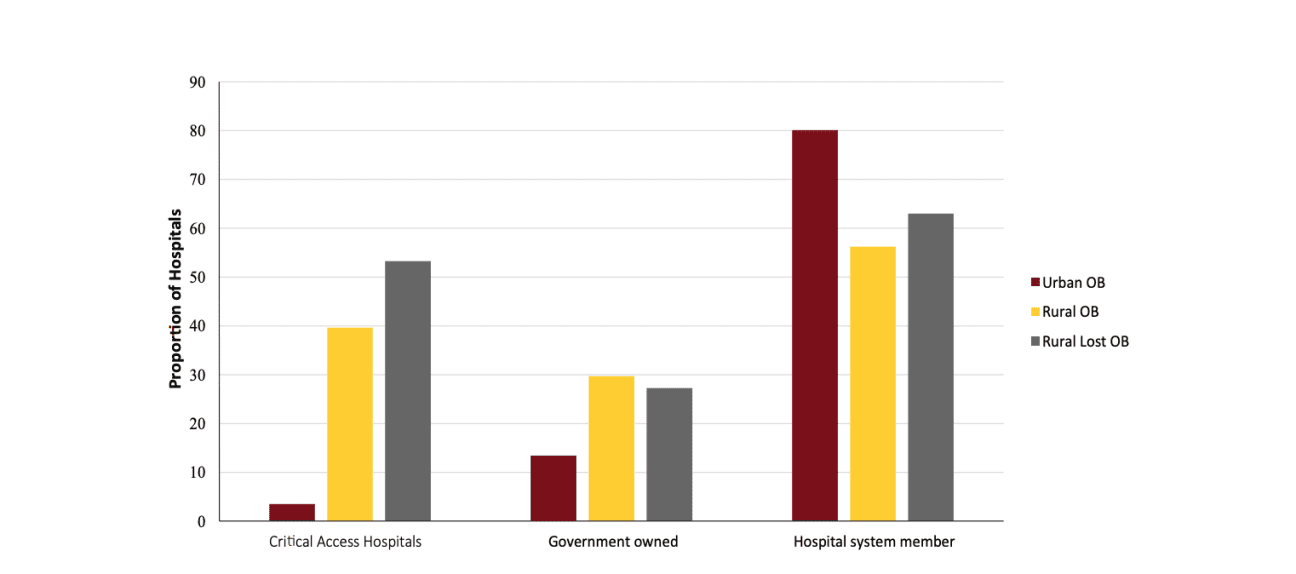- CMS: Medicare Program; Prospective Payment System and Consolidated Billing for Skilled Nursing Facilities; Updates to the Quality Reporting Program for Federal Fiscal Year 2026
- CMS: Medicare Program; FY 2026 Hospice Wage Index and Payment Rate Update and Hospice Quality Reporting Program Requirements
- Public Inspection: CMS: Medicare Program: Prospective Payment System and Consolidated Billing for Skilled Nursing Facilities; Updates to the Quality Reporting Program for Federal Fiscal Year 2026
- Public Inspection: CMS: Medicare Program: Fiscal Year 2026 Hospice Wage Index and Payment Rate Update and Hospice Quality Reporting Program Requirements
- CMS: Request for Information; Health Technology Ecosystem
- VA: Staff Sergeant Fox Suicide Prevention Grant Program Funding Opportunity
- State: 60-Day Notice of Proposed Information Collection: J-1 Visa Waiver Recommendation Application
- Public Inspection: CMS: Request for Information: Health Technology Ecosystem
- HHS: Request for Information (RFI): Ensuring Lawful Regulation and Unleashing Innovation To Make American Healthy Again
- VA: Solicitation of Nominations for the Appointment to the Advisory Committee on Tribal and Indian Affairs
- GAO Seeks New Members for Tribal and Indigenous Advisory Council
- VA: Staff Sergeant Fox Suicide Prevention Grant Program Funding Opportunity
- Telehealth Study Recruiting Veterans Now
- USDA Delivers Immediate Relief to Farmers, Ranchers and Rural Communities Impacted by Recent Disasters
- Submit Nominations for Partnership for Quality Measurement (PQM) Committees
New Pennie Assister Reporting Tool
Beginning May 1, 2021, Pennie Enrollment Assisters will begin using a new reporting tool to record enrollment assistance. All enrollment assistance should be reported weekly using this new Pennie Assister Reporting Tool Link. The original reporting tool will only be available until May 7 for assistance provided in the month of April. Enrollment data captured in the Pennie system has been distributed to Pennie account managers and is available on the PACHC Outreach and Enrollment Slack Page.
Pennsylvania Re-Expanding Vaccine Provider Network
COVID-19 vaccines will be sent to more providers in Pennsylvania, widening the distribution network to include doctors, small pharmacies, and others as part of the effort to overcome lingering hesitancy among residents who have yet to get the shot. The Department of Health allocated more than 295,000 doses to 383 providers, up from 225 providers that received shipments last week. The state is gradually adding providers after narrowing the vaccine administrator cohort to hospitals, FQHCs, and pharmacy chains. Now, as demand for the vaccine begins to slow, the state is increasing focus on hard-to-reach areas and populations. Gov. Wolf said more providers will be added in coming weeks “as we keep moving out from big facilities” and “figure out how we can get closer to people, which means putting it in the hands of people you trust.” Pennsylvania now ranks 10th in the nation in percent of population that has been vaccinated. The commonwealth has administered first doses of COVID-19 vaccines to about 48% of its eligible population of everyone 16 and older and more than 5.2 million people have received at least their first dose.
Pennsylvania Updates COVID-19 Vaccine Dashboard to Highlight Race and Ethnicity Data by County
The Pennsylvania Department of Health announced the latest update to the COVID-19 Vaccine Dashboard. This latest update to the dashboard can be found on the second page of the COVID-19 vaccine dashboard. The update displays a county-specific view of vaccination demographics by race, ethnicity, gender, and age. The updated data also includes a county ranking of the percent of residents in each county that has received at least one dose of a vaccine. For more information on DOH’s efforts to promote justice, mitigate health inequities and promote transparency during the COVID-19 pandemic, visit the Health Equity and COVID-19 page.
State to College Students – Get Vaccinated Wherever You Are
The Pennsylvania Department of Health is encouraging vaccine providers to work with college students to ensure they get their full set of vaccinations. If it’s not possible for a student to receive both doses at the same location because they are returning home at the end of the semester, DOH says providers at the home location should work to ensure the college student gets fully vaccinated using the same vaccine they received as their first dose. DOH will support providers in these requests for second doses. DOH expects that numbers may not properly align, so encourages providers to include an explanation in the notes when filling out the second dose survey and report the data in PA-SIIS. Students should remember to bring their vaccination card with them to their second dose appointment.
Report: As Obstetrics Units in Rural Hospitals Close, Black Rural Moms and Infants Face Higher Mortality Rates
Rural Infections Fall by 15%; Rural Vaccination Rates Lag in Two-Thirds of States

By Tim Murphy and Tim Marema
Most rural areas are continuing to see improvement in new cases and deaths. But the vaccination rate in rural areas is failing to keep pace with the urban rate in most cases.
Read more

Local Governments Plan for Direct Aid Infusions, Await Exact Guidance

By Olivia Weeks
Waiting for more guidance on how to spend the federal aid money, counties have a “laundry list” of steps they can accomplish to hasten funds disbursement.
Read more
Regional Population Loss ‘Metastasizes’ in the Last Decade

Two-thirds of rural counties lost population from 2010-19. The underlying pattern is evident in trends dating to 1970.
Read more

New Telebehavioral Health Care Best Practice Guide
Telehealth.HHS.gov has added a new best practice guide to help mental health providers navigate changes to telehealth policy due to the COVID-19 public health emergency. This official website from HHS includes resources for getting started, developing a strategy, billing, preparing patients, and more.
New Resource from the RUPRI Rural Health Value Team
The Rural Policy Research Institute (RUPRI) Rural Health Value team has updated their Catalog of Value-Based Initiatives for Rural Providers. The resource includes one-page summaries of various HHS value-based programs appropriate for rural participation. It covers programs implemented by HHS, primarily by CMS and its Center for Medicare & Medicaid Innovation (CMMI). Recent catalog additions include 1) Community Health Access and Rural Transformation (CHART) Community Transformation and Accountable Care Organization Tracks 2) the Radiation Oncology Model, and 3) the Value in Opioid Disorder Treatment Model.

